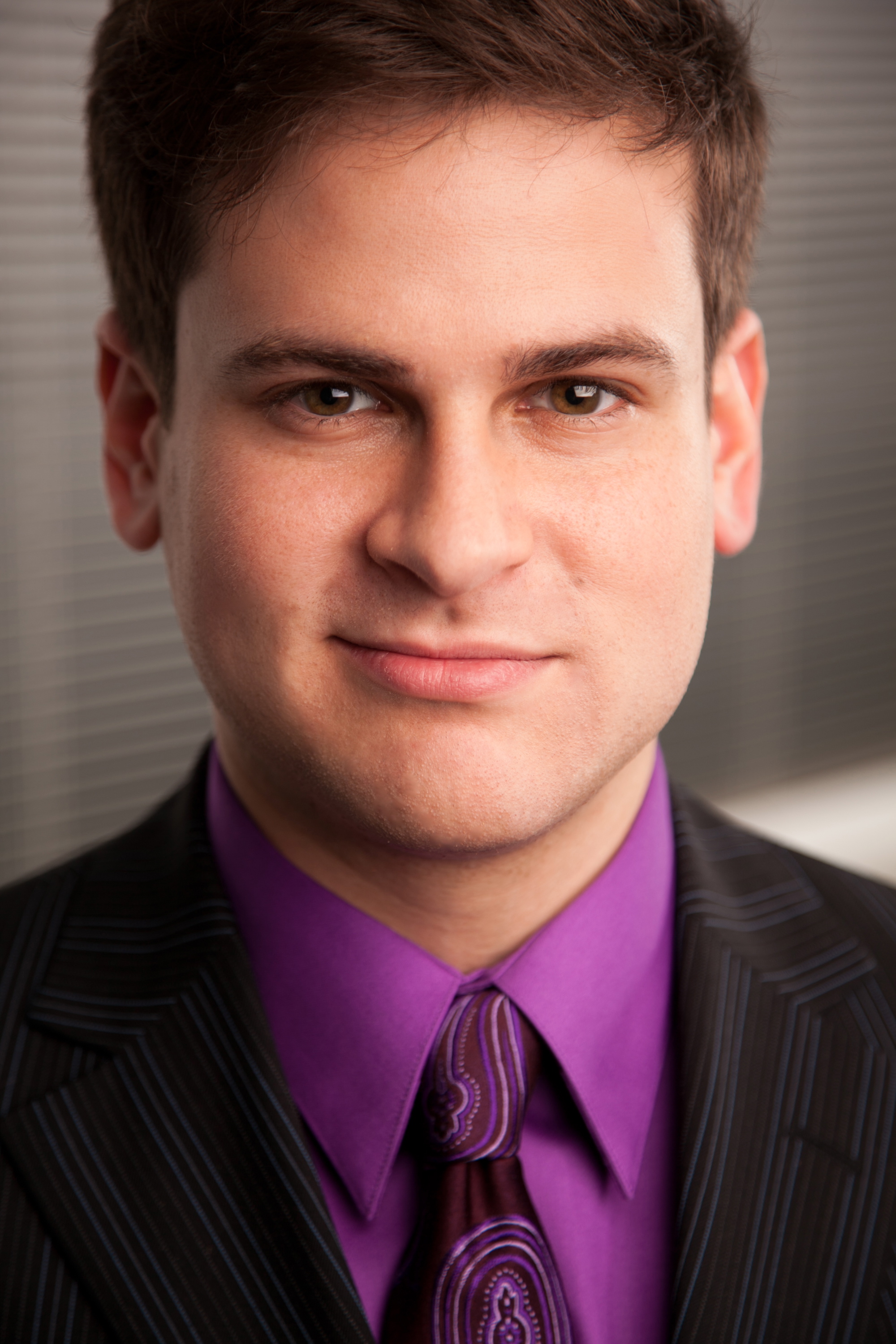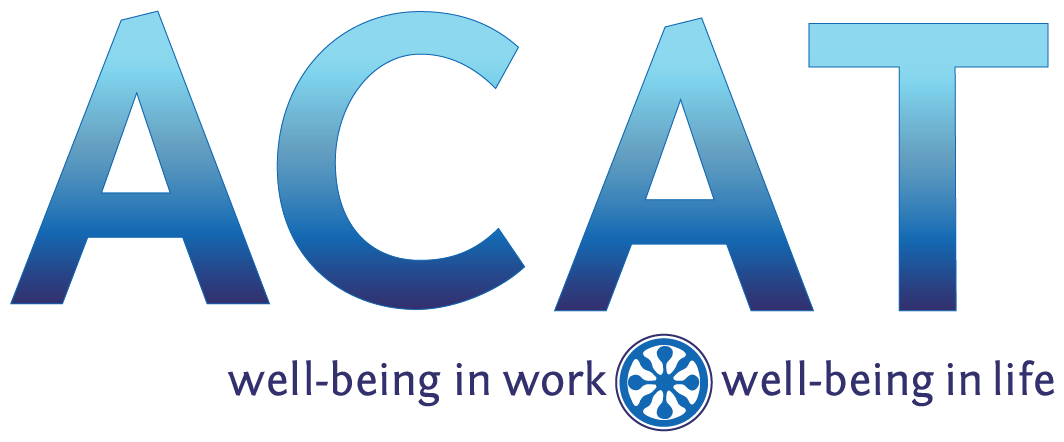 by Brooke Lieb
LIEB
by Brooke Lieb
LIEB
I began taking voice lessons with you, Ezra, recently, and have been fascinated with the process, and very grateful for your skill and clarity. We established that I haven’t injured my voice, since I don’t sing regularly and was lucky not to have any harmful teachers in the past. I think my ability to inhibit along with my blissful ignorance of “vocal technique” and my lack of attachment to what sounds I produce, has helped me explore what you are offering. I am excited to see how your practice evolves as a result of your progression through the TCP at ACAT. Tell me about how your lessons in the Alexander Technique have influenced your own singing?
BERSHATSKY
Well, I believe and teach that vocal technique is a state of being rather than something to do. I used to employ a vocal technique to sing rather than allow for a spontaneous, natural, mutable technique to evolve in response to music. Unsatisfied with my progress in the former, I eventually found functional voice training, which stresses spontaneity and function over aesthetic. The Alexander technique has helped me expand my awareness and curiosity for anything that might prevent my voice from organizing itself in response to vowel, pitch and intensity. I sing now with the added awareness of the floor I stand on, the space around me and the overall organization of my body, whereas before the Alexander technique the process of singing so fascinated me that all of my attention was focussed on singing and I was basically unaware of everything else, including where I was. This narrowing of focus isn't very conducive to spontaneity or freedom. The Alexander technique is my practical guide to explore the unexplored and helps me keep my bearings in unfamiliar lands.
LIEB
How has your work with Alexander Technique informed your work with your voice students?
BERSHATSKY
My first major realization was how important words are and how varied are students' responses to them. A lesson with an advanced student is almost completely devoid of spoken cues, relying on my piano playing and mouthing the vowel to be used for the exercise, while talking is mainly for validating an experience. But for new students, talking is very helpful. I was already used to customizing exercises for each student, but hadn't considered that wording could have such an effect on the outcome of an exercise. For instance, I used to tell students to "hold" a pitch, but discovered that this rarely happened without the student tightening somewhere in response of their desire to feel and grasp something. I now say “sustain" or merely indicate with a gesture from my hand instead. I used to use the word "attack" instead of "onset". I also now encourage my students to remain aware of their environment as they sing. I already strove to encourage a judgement-free environment where aesthetic is suspended and the student is permitted to experiment and release sound rather than manage it. The Alexander technique has given me more awareness of the impact of what I say and do and the responses they elicit in the student, so that I can communicate more effectively. When one approach fails I don't persist with it, but will rather look for another means that will facilitate a more organic, unhabitual response in the student. The most important benefit I am reaping is that I can teach for longer periods of time with less of a toll on my own body, use and vocal technique. When I first began to teach, much of my information about what the student was doing came from empathetically responding to the students’ use, so that when they sang poorly my throat would begin to ache or feel dry or I would notice what felt like my larynx trying to climb out of my throat. And after teaching a long day my body would complain and I'd be left feeling drained. The idea of "staying back and up" while I teach has been invaluable and helps me maintain awareness of what I'm doing as I listen to my students. The student benefits as much as I do as I hear more accurately and am less attached to any outcome. I still have the choice to allow my body to try on their misuse pattern but it's a choice now instead of a habit.
LIEB
Why did you decide to train as an Alexander Teacher?
BERSHATSKY
After a few Alexander teachers suggested I might enjoy training I started to seriously consider it. Especially after I began teaching voice to a graduate of ACAT, who pointed out some of the similarities between what I was teaching and The Alexander Technique. My primary draw to start training, however, was to improve my own use and understanding of the Technique.
LIEB
How do you see your work as a singer, voice teacher and Alexander Teacher evolving in the future?
BERSHATSKY
I'd like to have a private Alexander technique practice alongside my vocal studio. My plan is to use the next two years of my ACAT training to further hone my skills as a singer and teacher while learning repertoire along the way. When I finish training I want to do as many auditions as I can and get as much stage experience as possible. If I'm successful, my teaching practices will mostly be on hold, but the experience will add another dimension to my teaching and is crucial to my own happiness as a performer. I don't want to live vicariously through my students.
LIEB
What are some of the things you are working on as a teacher?
BERSHATSKY
I never want to limit my students with my aesthetic and this is an ongoing endeavour. To hear past aesthetic to the overall function. And to allow each student’s voice to be unique, as an expression of them, rather than of my idea of what their voice should be. I’m working on the clarity with which I communicate to each student. I'd love to get to the point where I consistently feel as good as the student does after a lesson. This is rarely the case at present, although the better I teach the better I feel during and afterwards.
LIEB
What do you love most about teaching voice, and teaching in general?
BERSHATSKY
I love watching as a student has a completely new experience. It's like watching a child taste ice cream for the first time. I imagine seeing the new neuronal pathways forming. I also love the trust that forms between teacher and student. I strongly believe that the burden of teaching should fall solely on me as the voice teacher and that there is no burden on the student to learn. Assuming the student who is willing to pay with their time and money is genuinely interested in improving, the student can't help but learn if they are being taught well.
[author] [author_image timthumb='on']http://www.acatnyc.org/main/wp-content/uploads/2014/01/Brooke1web.jpg[/author_image] [author_info]N. BROOKE LIEB, Director of Teacher Certification since 2008, received her certification from ACAT in 1989, joined the faculty in 1992. Brooke has presented to 100s of people at numerous conferences, has taught at C. W. Post College, St. Rose College, Kutztown University, Pace University, The Actors Institute, The National Theatre Conservatory at the Denver Center for the Performing Arts, Dennison University, and Wagner College; and has made presentations for the Hospital for Special Surgery, the Scoliosis Foundation, and the Arthritis Foundation; Mercy College and Touro College, Departments of Physical Therapy; and Northern Westchester Hospital. Brooke maintains a teaching practice in NYC, specializing in working with people dealing with pain, back injuries and scoliosis; and performing artists. www.brookelieb.com[/author_info] [/author]

 by Karen Krueger
I've been reading a lot lately about "vocal fry," a speaking mannerism that some people find extremely annoying and others defend as an innovative trend among influential young women. Vocal fry is a gravelly or creaky sound to the voice that is most clearly heard at the ends of words and phrases. Some people call it "the NPR voice." Others trace it to Kim Kardashian.
by Karen Krueger
I've been reading a lot lately about "vocal fry," a speaking mannerism that some people find extremely annoying and others defend as an innovative trend among influential young women. Vocal fry is a gravelly or creaky sound to the voice that is most clearly heard at the ends of words and phrases. Some people call it "the NPR voice." Others trace it to Kim Kardashian.